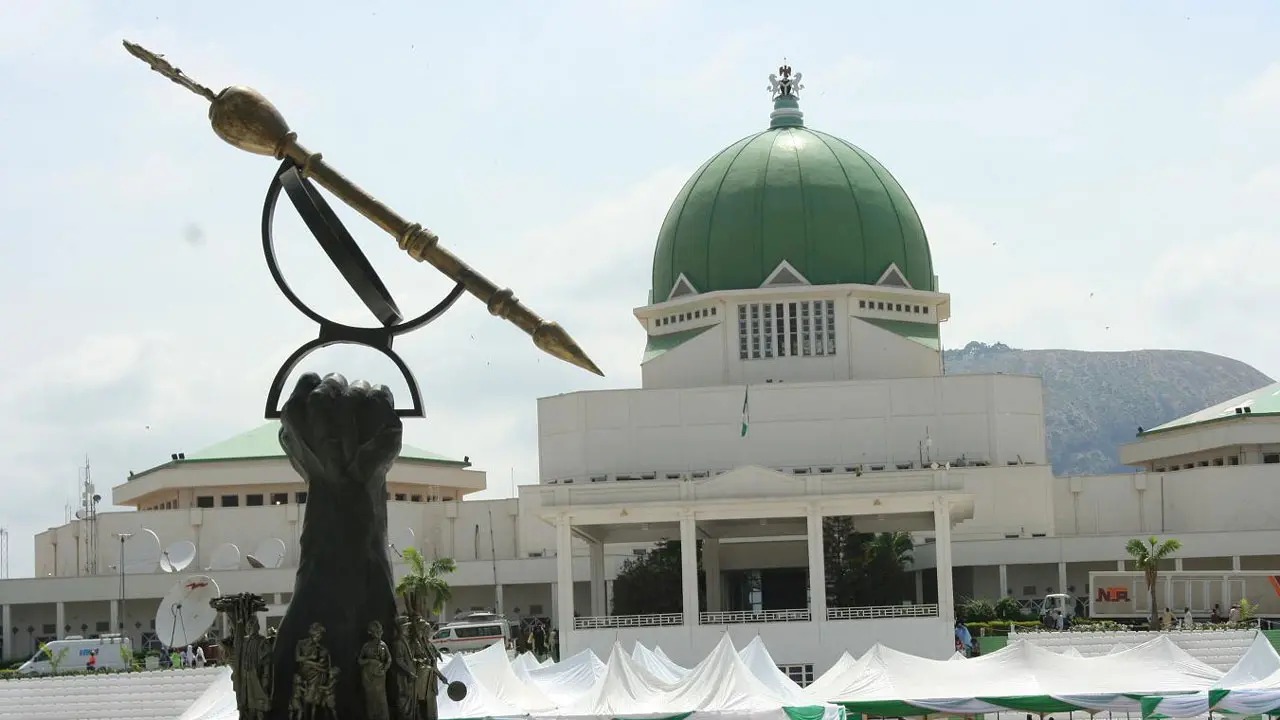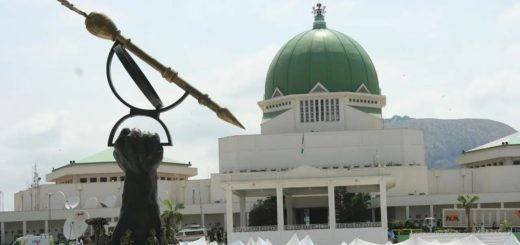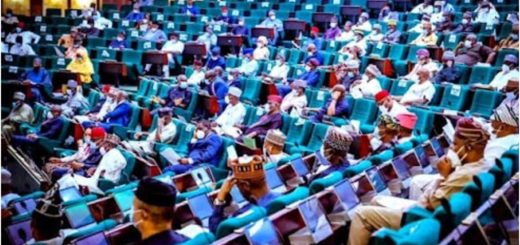 The Civil Society Legislative Advocacy Centre (CISLAC) has called on the National Assembly to ensure equity, inclusivity, and transparency in the ongoing deliberations over the controversial Nigeria Tax Bill, 2024.
The Civil Society Legislative Advocacy Centre (CISLAC) has called on the National Assembly to ensure equity, inclusivity, and transparency in the ongoing deliberations over the controversial Nigeria Tax Bill, 2024.
In a statement signed by its Executive Secretary, Auwal Rafsanjani, CISLAC emphasized that the Tax Bill represents a landmark opportunity to overhaul Nigeria’s fiscal framework, consolidating legal provisions, improving tax administration, and promoting economic transparency. However, the organization urged the legislature and the executive to address critical gaps in the bill to guarantee its implementation fosters inclusivity, equity, and sustainable governance.
CISLAC raised concerns about the proposed derivation model for VAT revenue distribution, warning it could deepen economic disparities among states.
The organization proposed the establishment of an Equalization Fund to support underdeveloped states in building human capital and institutional capacity until 2030.
CISLAC also suggested that VAT be collected at the point of sale instead of remitted to corporate headquarters to enhance transparency and prevent regional revenue imbalances.
The proposed doubling of VAT rates by 2030 was flagged as a potential driver of inflation and poverty.
CISLAC recommended maintaining the current VAT rate of 7.5% until the economy stabilizes, alongside measures to protect vulnerable populations from price shocks.
It further urged an expansion of VAT exemptions to include essential items like cooking gas, kerosene, and electricity for consumer use, mitigating the regressive effects of the tax on low-income households.
CISLAC advocated for transparency in administering tax incentives and suggested strengthening the enabling laws of the Nigerian Investment Promotion Commission (NIPC) to prevent misuse.
Provisions for effective tax rates on multinationals and high-turnover companies should be backed by enforceable guidelines, with stronger compliance mechanisms to ensure these entities contribute fairly to national revenue.
CISLAC called for transparency in the utilization of revenue from the Development Levy, emphasizing its use to enhance education and institutional capacity in underserved regions.
The organization stressed the need for fiscal policies that bridge socio-economic divides, foster trust between citizens and the government, and prevent the further entrenchment of existing inequalities.
CISLAC urged the National Assembly to collaborate with stakeholders, including civil society organizations, to ensure the Tax Bill reflects the aspirations of Nigerians.
The Presidential Committee was also asked to provide detailed data on compliance rates under the current VAT regime and address implementation challenges. Additionally, state governors were encouraged to prioritize the creation of sustainable industries and pursue public-private partnerships to drive economic growth across all regions.
CISLAC stressed the importance of addressing infrastructure deficits, improving access to education and healthcare, and ensuring that tax benefits reach all citizens.
The group urged the government to digitize and publish all tax collection processes to curb corruption and enhance transparency.
CISLAC reiterated its commitment to working with the National Assembly and other stakeholders to ensure the Nigeria Tax Bill, 2024, achieves its transformative potential.
“The Nigeria Tax Bill, 2024, represents a unique opportunity to reposition the nation’s fiscal framework for greater equity and efficiency,” Rafsanjani concluded.













